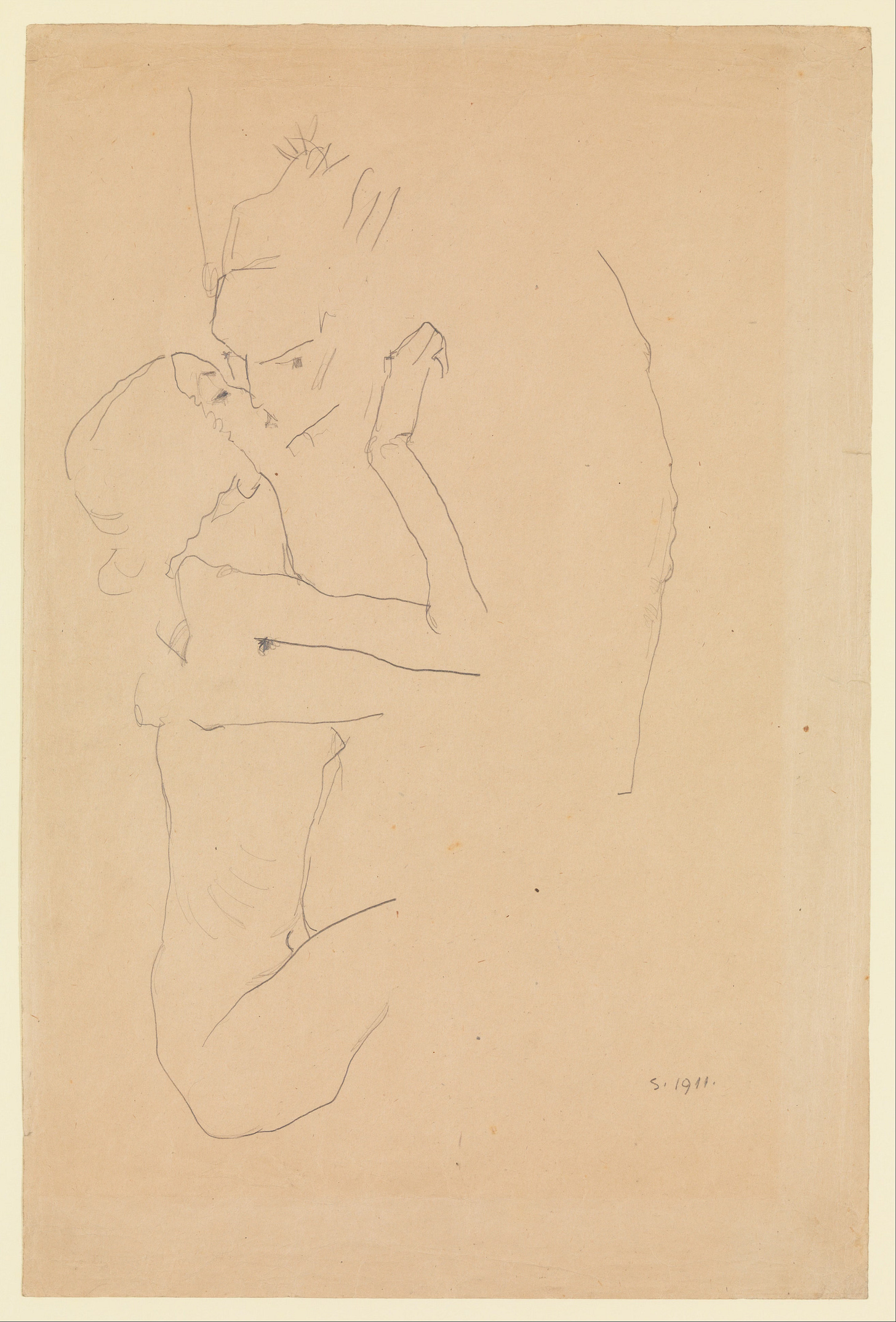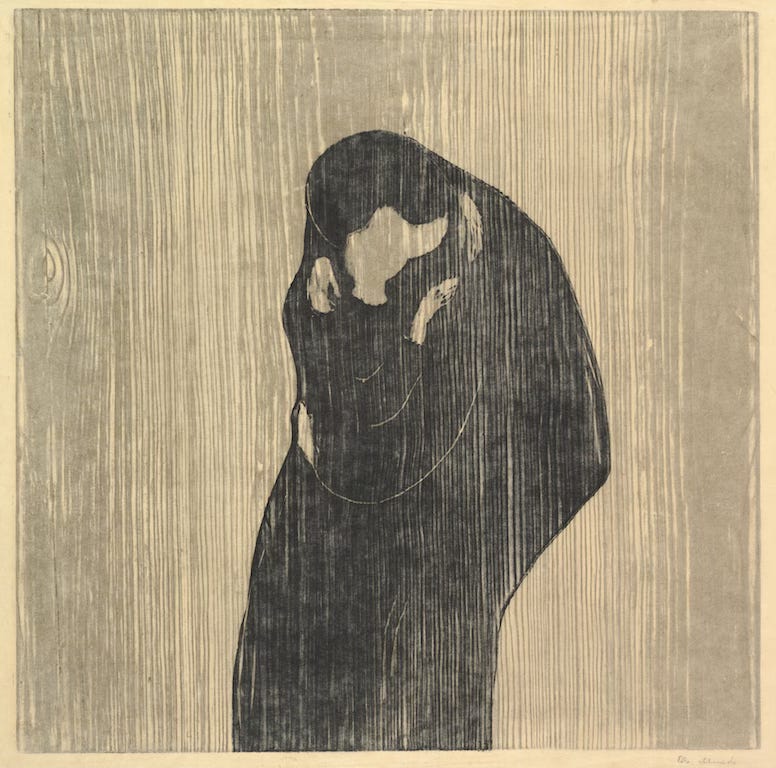What Happens to Your Heart When You Get Everything You Asked For?
Reflecting on peace after survival, learning to trust gentleness, and finding love that feels like rest rather than rescue

What happens to your heart when you get everything you asked for? When the texts are returned before the anxiety spirals. When the boundaries are not only honored but anticipated. When the person beside you doesn’t flinch at your need for routine or your resistance to plans.
When, instead of “why can’t you just,” you hear “what would help?”
When love no longer feels like a test?
I used to think I had to earn ease.
That care came at the cost of contortion.
That relationships meant negotiating safety in exchange for affection.
By the time I met my partner, I had been single for over five years. So had he.
We were colleagues first, two neurodivergent people navigating work life with invisible tethers between us. Eventually, friendship found us. And somewhere in the steady accumulation of conversations, shared glances, and mutual understanding, friendship became something more.
Now, after two and a half years of cohabitation, our relationship is not defined by romanticized ideals or loud declarations. It’s defined by the quiet practice of choosing each other with care.
We are both AuDHD. I am formally diagnosed. He is self-diagnosed. We speak similar neurological dialects, though our experiences differ.
We both require immense solitude and seek it out for one another, not as rejection, but as reverence.
We don't argue or shout or slam doors. Instead, we meet weekly, intentionally, for a check-in chat. (Sometimes, every other week, not gonna lie and pretend we don’t skip weeks here and there. Sometimes you just get into a groove, ya know?)The Check-In is a sacred pause where nothing is wrong, but everything is welcome. Where we talk before trouble has a chance to grow in the dark

This, to me, is intimacy.
It is choosing presence over performance. It is navigating conflict not as combat but as collaboration. It is being believed the first time you say, “this is hard for me”. And yet this kind of love comes with an unexpected grief.
Because when you’ve only ever known survival, peace feels like a foreign language. When someone hands you everything you asked for, your heart may still flinch, waiting for the catch. I know mine does. My partner has mentioned experiencing the same complex emotions.
What do you do when there is no catch? When no one is demanding you mask? When the house is quiet, but you’re not being punished? When your needs are not minimized but met?
You begin to unlearn. Slowly. Tenderly.
At first, I didn’t trust the ease. Even now I flinch a little too easily. But he is patient with me.
The blueprint I had been handed said love only came after contorting, compromising, and over-explaining; I had little experience with healthy, intentional love.
But now I wake up and breathe easier.
Now I stim freely without worry.
Now I speak and don’t fear being misunderstood as a threat or inconvenience.
Now I am met where I am, not where someone hopes I’ll be.
Our love is not loud. It is not theatrical.
It is intentional. It is maintenance and mutuality.
It is that weekly chat on the couch with tea in hand and honesty in the air.
It is him hearing me sigh from across the room and gently asking, “Do you want space or company?”
It is me noticing his eyes getting glassy from overstimulation and turning down the lights.
It is knowing that solitude is sacred for both of us and choosing it for each other not despite our love but because of it.
This is what they don’t tell you about finding an affirming relationship as a neurodivergent person: You will grieve the self you thought you had to be.
You will cry not because you are hurt but because no one is hurting you. You will realize how many years you spent convincing yourself you didn’t deserve softness.
And then one day you will come home to someone who greets you exactly as you are and you’ll realize you have already begun healing in their presence.
What happens to your heart when you get everything you asked for?
It slows.
It softens.
It remembers that safety doesn’t come wrapped in grand gestures.
It shows up in consistency, quiet support, and a partner that remembers the details.
It learns a new rhythm.
And from that rhythm, a new kind of love begins to bloom. One you don’t have to earn. One you simply get to be in.







I can really relate to these feelings.
I still have trouble trusting the safety and peace of my relationship, even after 15 years.
I still push him away out of fear and flinch at the memory of what a hand touching me or a certain look used to mean.
After over 20 years of not feeling safe to relax, it is hard to unlearn the hypervigilance.
This idea of a weekly check-in is really great. Thank you.